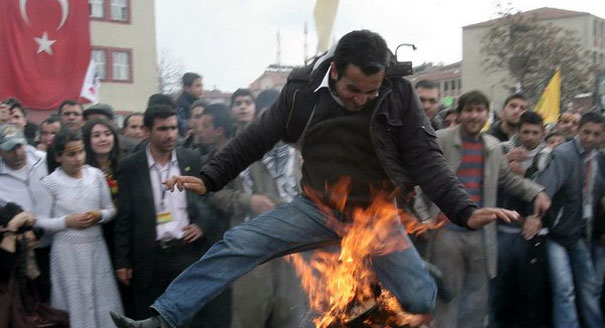Registration
You will receive an email confirming your registration.
IMGXYZ3734IMGZYXThe Arab awakening saw a significant change in Turkish foreign policy, with the country breaking away from its “Zero Problems with Neighbors” policy, providing support to NATO-led efforts against the Middle East’s established autocratic regimes, and for first time in its history as a republic, promoting democratic principles in the region. Turkey’s geopolitical role as a country that is both European and Middle Eastern has grown more complex than ever.
Carnegie Europe and Ekonomi ve Dış Politika Araştırmalar Merkezi (EDAM) invited twenty-five experts on NATO, Turkey, and the Middle East to explore the present day value of NATO for Turkey’s security and examine NATO’s potential role in the region in the context of the Arab Spring. This discussion was the first of two day-long roundtable conferences in the “NATO’s Future Role in the Middle East - the Turkish Perspective” initiative, sponsored by NATO’s Public Policy Division.
